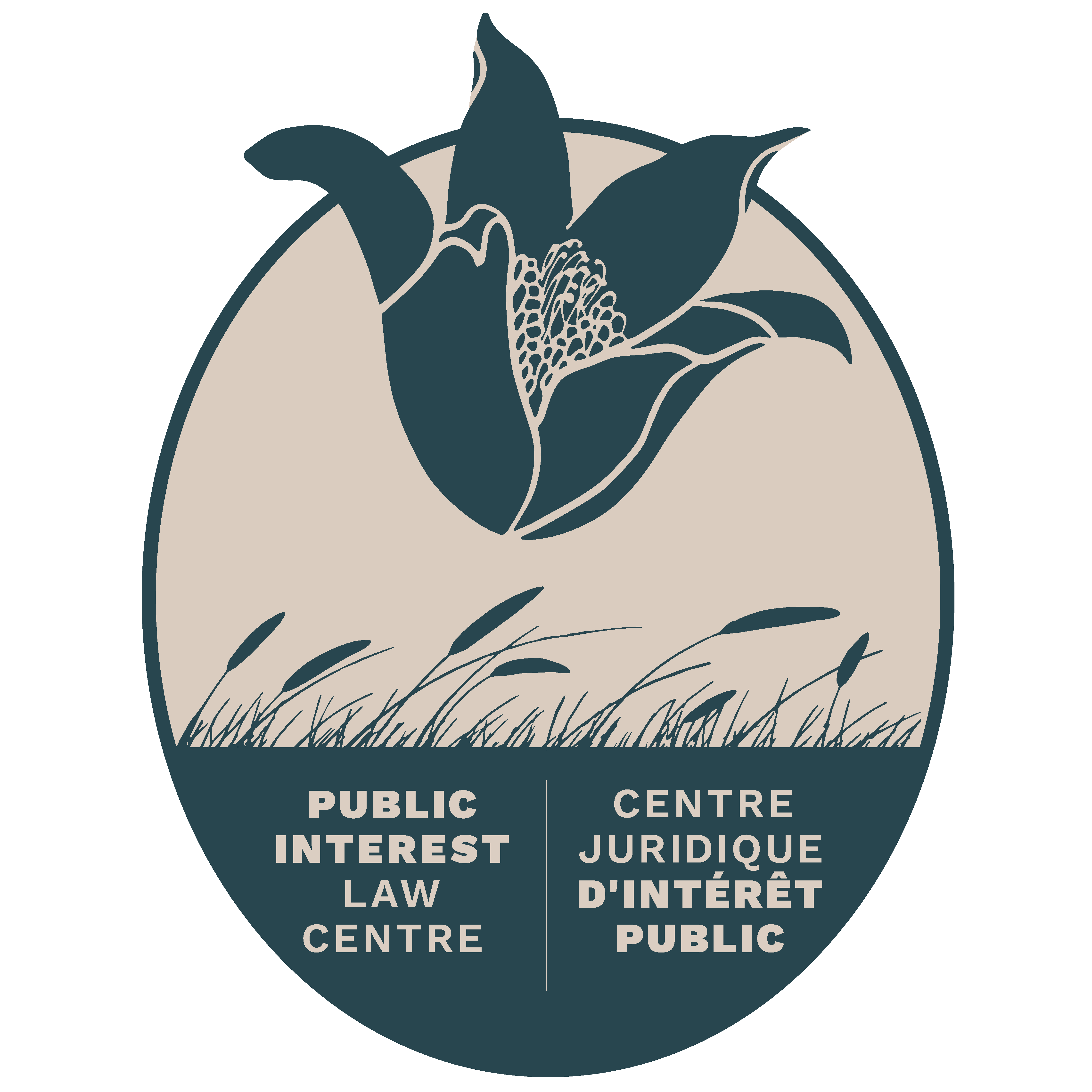Significant victory for Nova Scotians with intellectual disabilities
06/10/2021
On October 6, 2021 the Nova Scotia Court of Appeal paved the road to addressing the human rights of thousands of Nova Scotians with disabilities who continue to languish in institutions or in community without support. The ruling sends a powerful message that there are fundamental systemic barriers in Nova Scotia that deny equality of opportunity for persons with disabilities.
The Council of Canadians with Disabilities, Inclusion Canada and People First Canada, a coalition granted permission to participate in this Appeal, were represented by Joëlle Pastora Sala and Byron Williams of the Public Interest Law Centre (PILC) and probono co-counsel Miranda Grayson, Sacha Paul and Sharyne Hamm from Thompson Dorfman Sweatman LLP (TDS). While the matter is based in Nova Scotia, is sends a strong message to jurisdictions across Canada, including Manitoba, that when they design social benefit programs, they cannot discriminate against persons with disabilities.
Joseph Delaney, the late Sheila Livingstone and the late Beth MacLean, three people with intellectual disabilities lived in institutions for many years before winning a landmark human rights case.
In 2019, the Nova Scotia Human Rights Board of Inquiry found that these individuals had the right to live with the help of support workers in homes within the community — referred to as a small options home.
However, the Human Rights Board of Inquiry rejected the argument of the Disability Rights Coalition that systemic discrimination by the province of Nova Scotia prevented others with intellectual disabilities from accessing the small options homes. That’s one of the reasons why the case went to the Nova Scotia Court of Appeal.
On October 6th 2021, the Court of Appeal ruled that there is ample evidence that the way the Nova Scotia government provides support to persons with disabilities puts them at a unique disadvantage. This includes prolonged unjustified institutionalization, years-long waits to receive services that they are entitled to or having to relocate to receive those services.
According to the President of Inclusion Canada, “The decision finds that the discrimination experienced by Joseph Delaney, Sheila Livingstone, and Beth MacLean was not accidental and was part of a destructive pattern”and “The government of Nova Scotia needs to act immediately to support people with intellectual disabilities in their own homes in the community.”
Nova Scotia is facing a human rights emergency. Up to 1900 people with disabilities remain on waitlist for community placement, of which over 1000 remain in institutions and approximately 500 of which remain without services.
Nova Scotia lags well behind other Canadian provinces in providing community homes and supports for people with intellectual disabilities. According to the three national organizations represented by PILC and TDS, today’s ruling presents an opportunity to the new provincial government in Nova Scotia to acknowledge (1) that they have fundamentally wronged persons with disabilities for decades, (2) that systemic barriers to community inclusion for persons with disabilities are no longer tolerable in a free and democratic society, (3) that they stop fighting persons with disabilities in courts, and (4) that they will work with the community to address their human rights emergency.



